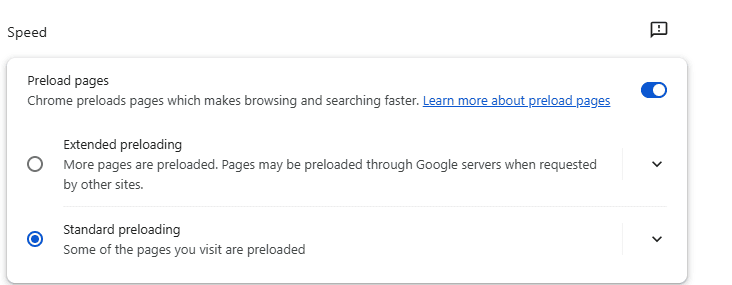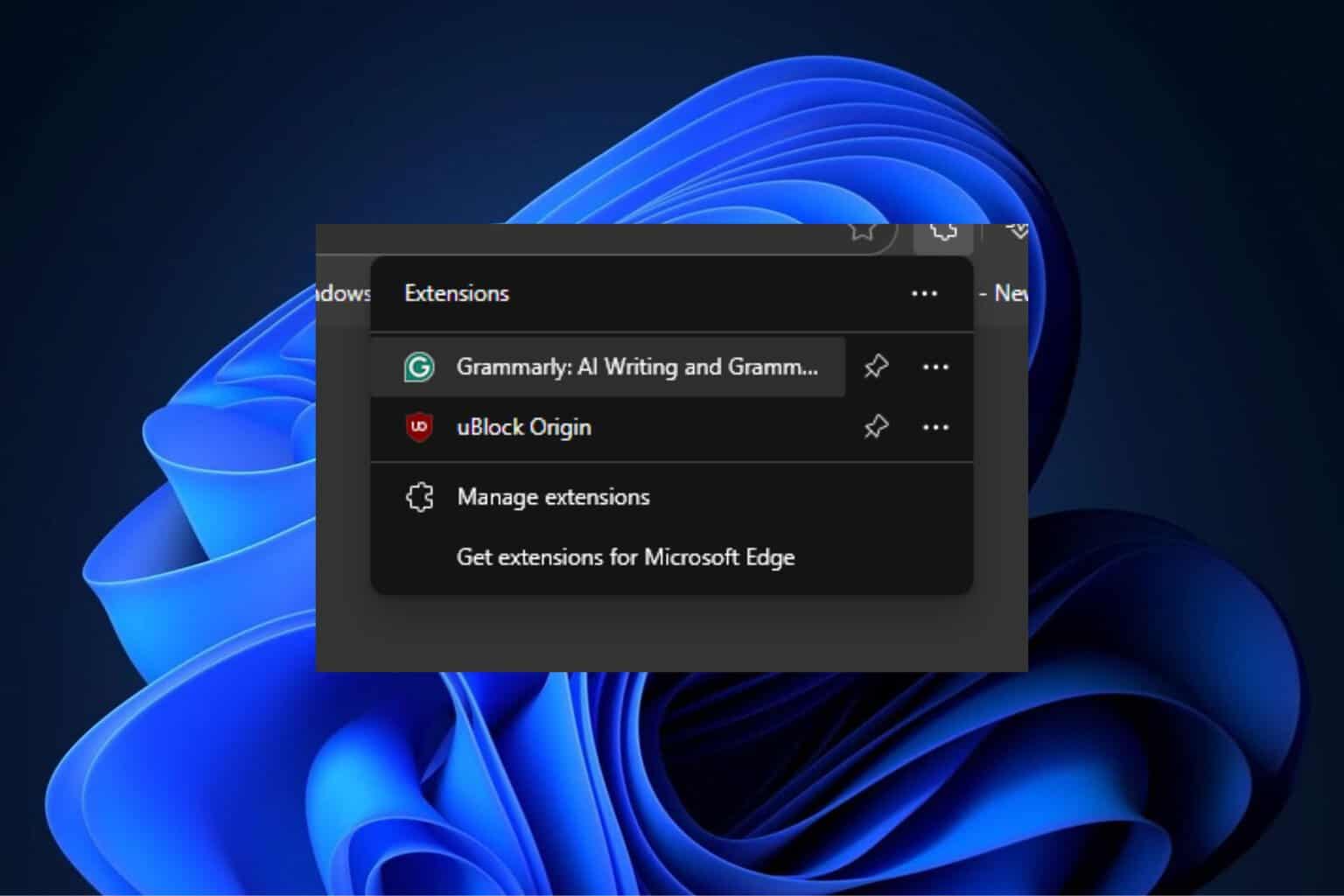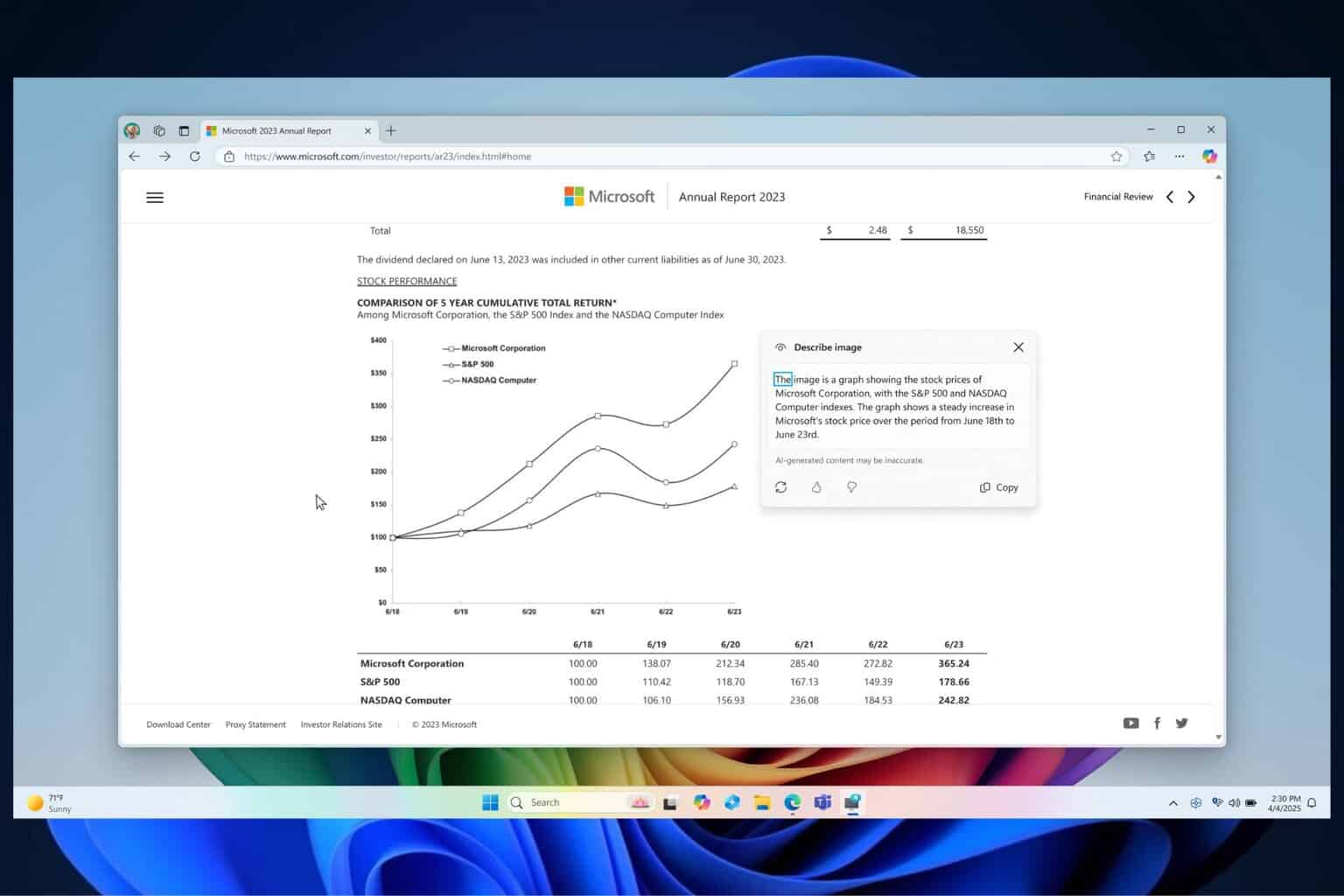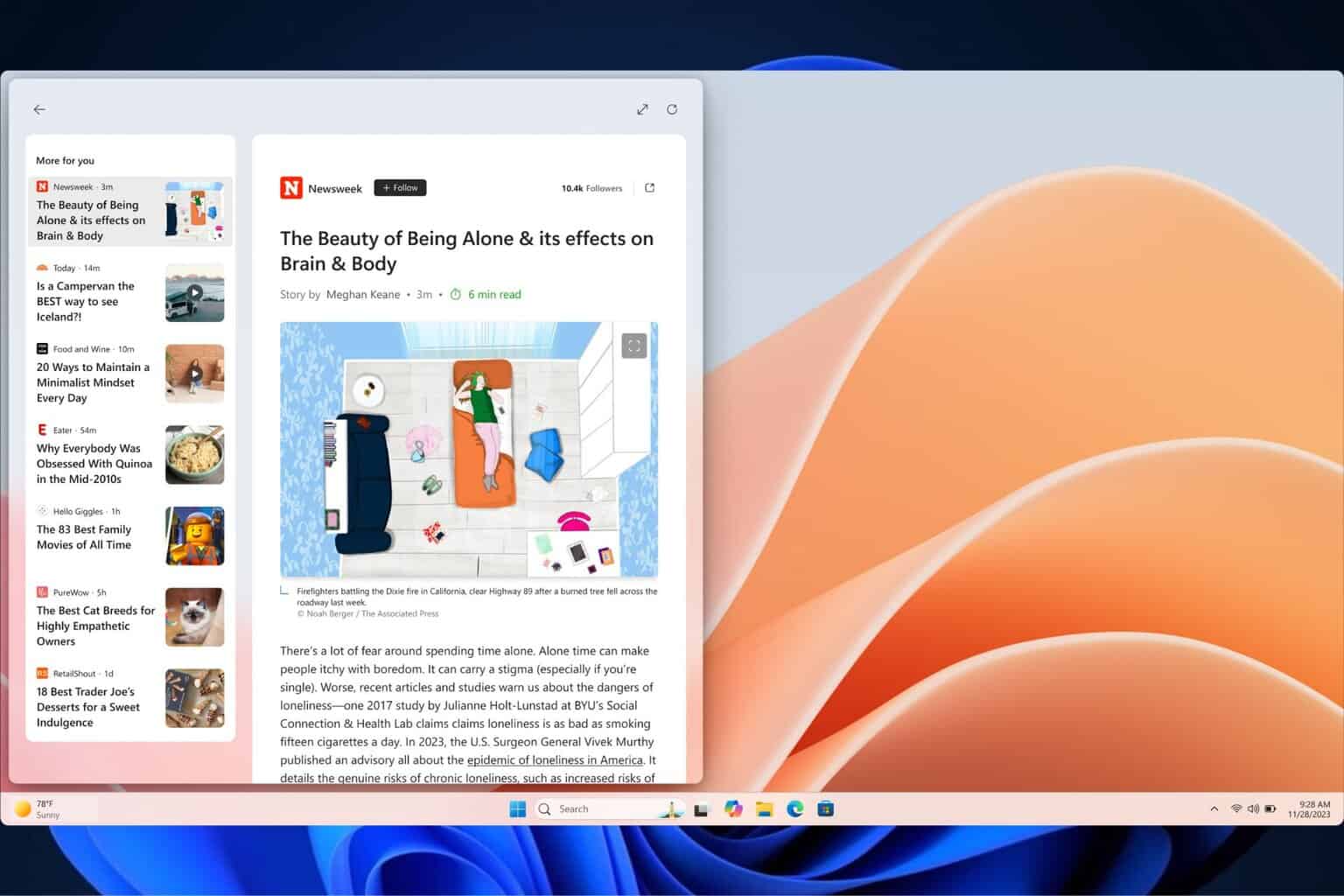Chrome Incognito getting faster at cost of Privacy
Google prioritizing Speed over Privacy?
3 min. read
Published on
Read our disclosure page to find out how can you help Windows Report sustain the editorial team. Read more

Google is making a controversial change to Chrome’s Incognito mode. The company is experimenting with predicting what you’ll search for as you type in the address bar (the omnibox), even before you hit enter.
While this could speed things up, it also means Chrome might send parts of your search query to Google or another search engine before you’re even done typing.
Faster Searches in Chrome Incognito
Incognito mode is designed to provide a private browsing experience that doesn’t save browsing history, cookies, or site data. However, Google wants to make searching in Incognito faster, and is updating Chrome’s code so that Omnibox Prefetching works in Incognito Mode.
A commit message reveals they’re enabling the “SearchPrefetchService” for Incognito, which was untill only available in regular browsing. This is happening behind the scenes with a special setting called “allow_incognito.”
The commit message explains: “SearchPrefetchService supports Incognito profile. The search prefetch feature is currently available only on non-Incognito profiles without obvious reasons… This change allows the browser to trigger search prefetch in the omnibox… This is implemented behind the feature parameter named allow_incognito.”
So, how will it work? Chrome will try to predict your search as you type, but only when you press a key. Other types of prefetching (like preloading links) will remain disabled in Incognito. Google is also working to make sure Chrome connects to search engines faster.
As the commit message notes, “SearchPrefetchService partially supports the Incognito profile. For now, it supports the on-press triggered search prefetch only. Other prefetches must not be triggered in Incognito.”
Incognito mode is all about privacy. People use it for sensitive searches. Even if Chrome doesn’t save your data including clipboard history, sending parts of your search early could be a problem. If Google or other search engines store these pre-fetched searches, even temporarily, it could compromise the privacy Incognito mode is designed to provide.
This change only affects search prefetching, not loading entire web pages. And you’ll still be able to turn this feature off if you don’t like it.
How to Disable Omnibox Prefetching in Chrome Incognito (If Rolled Out)
- Open Chrome.
- Go to Menu > Settings > Performance > Speed.
- Turn off “Preload pages.”

Turning off “Preload pages” will also affect how Chrome loads pages and searches in normal browsing, at least, until Google provides a separate setting or flag just for Incognito.
Other than this for Incognito, Chrome will bring fingerpriting Protections and prevent Windows Autocorrect and PIP from tracknig you. Additionally, Chrome to use AI for automatically changing passwords.
So, would you compromise privacy for faster searches in Chrome Incognito? Let us know your thoughts in the comments below.








User forum
0 messages